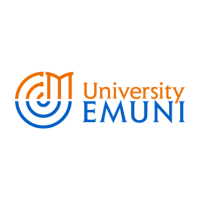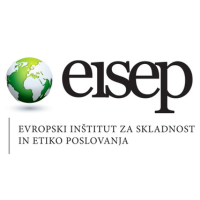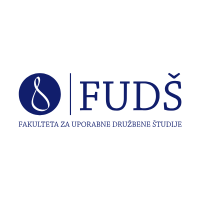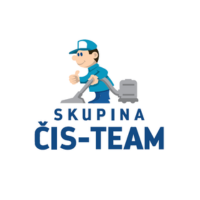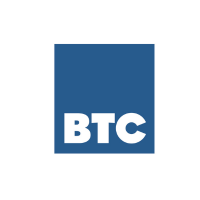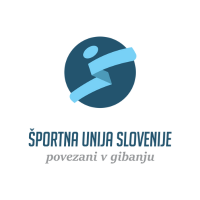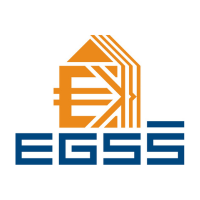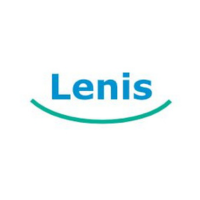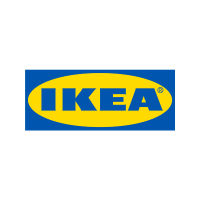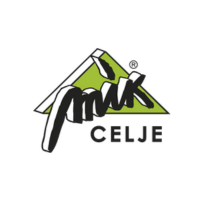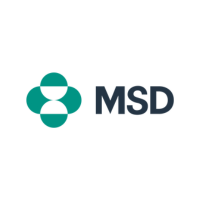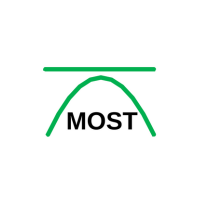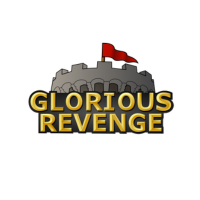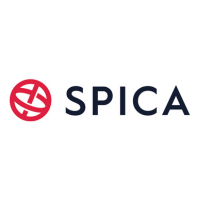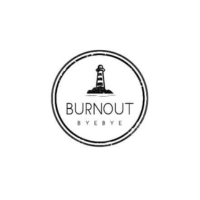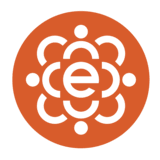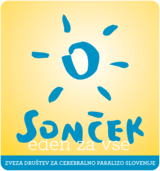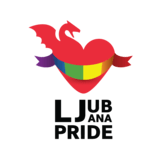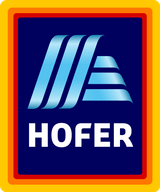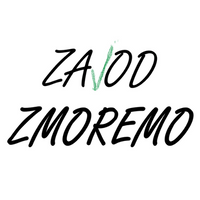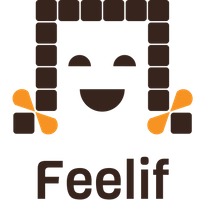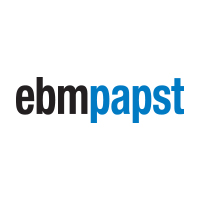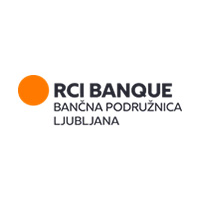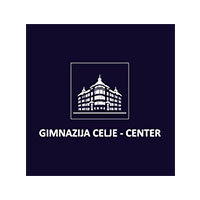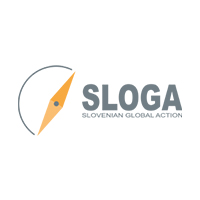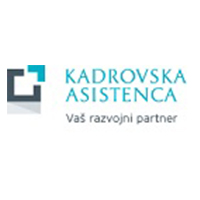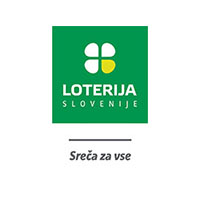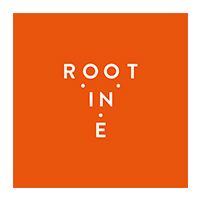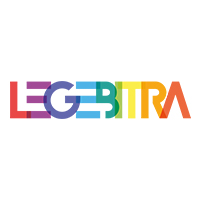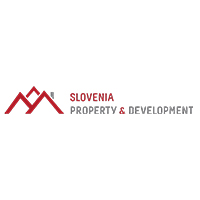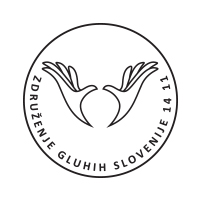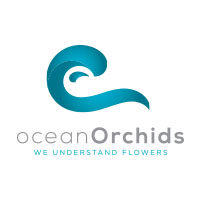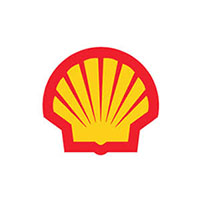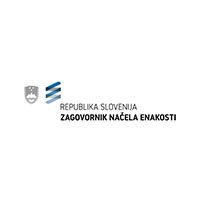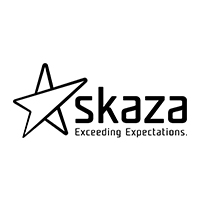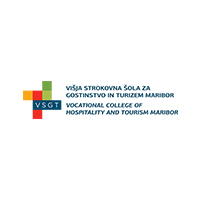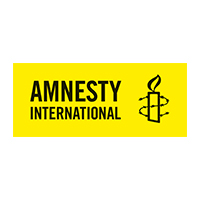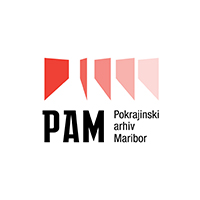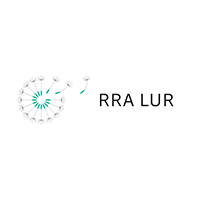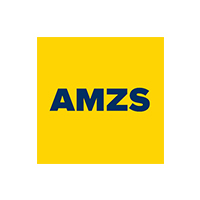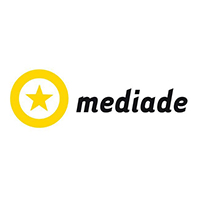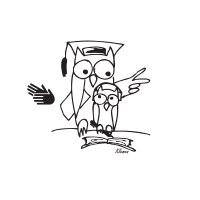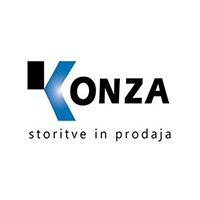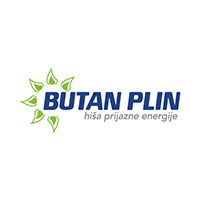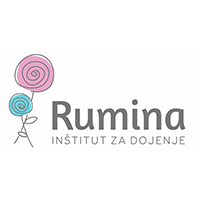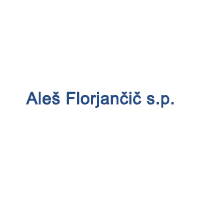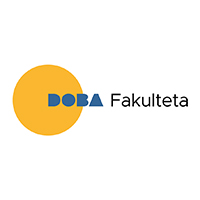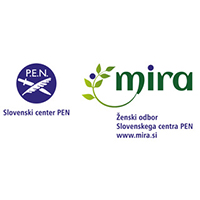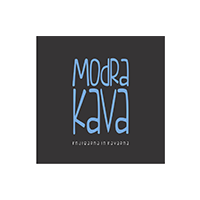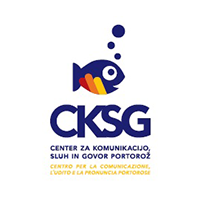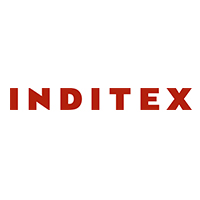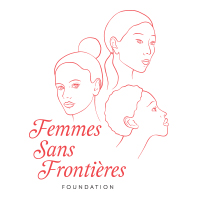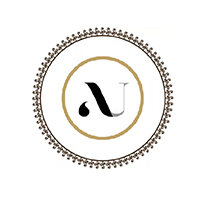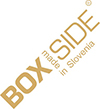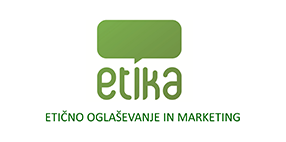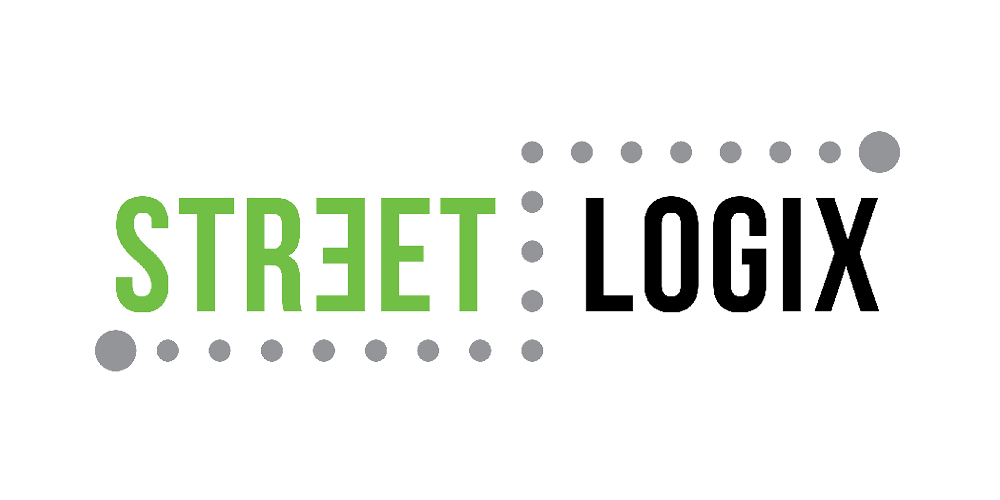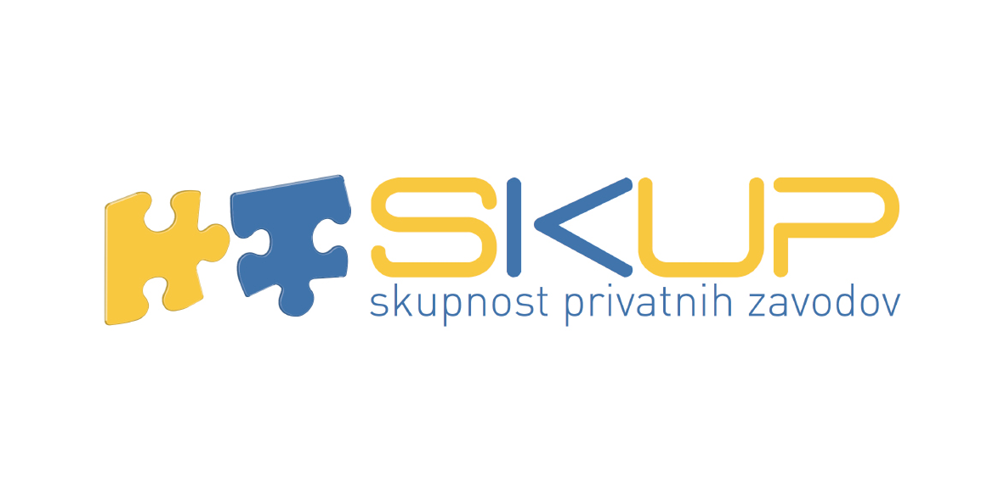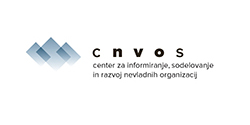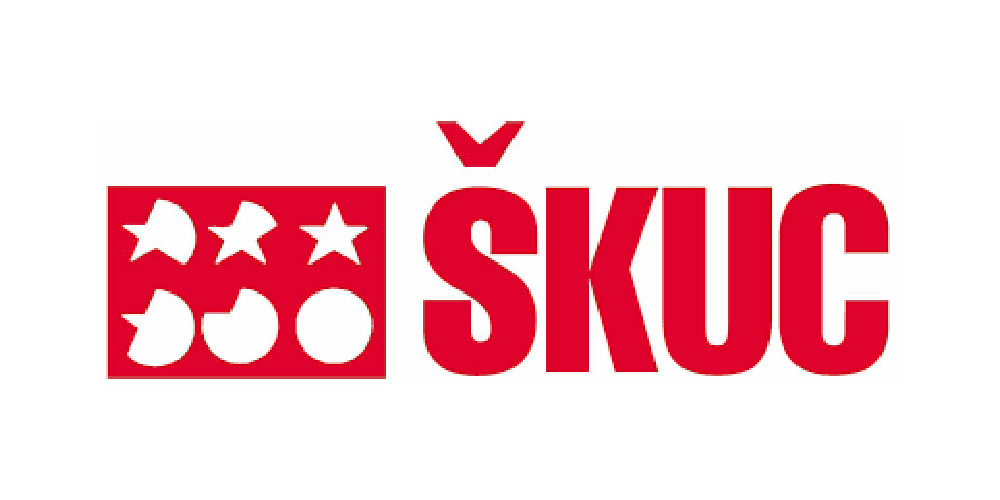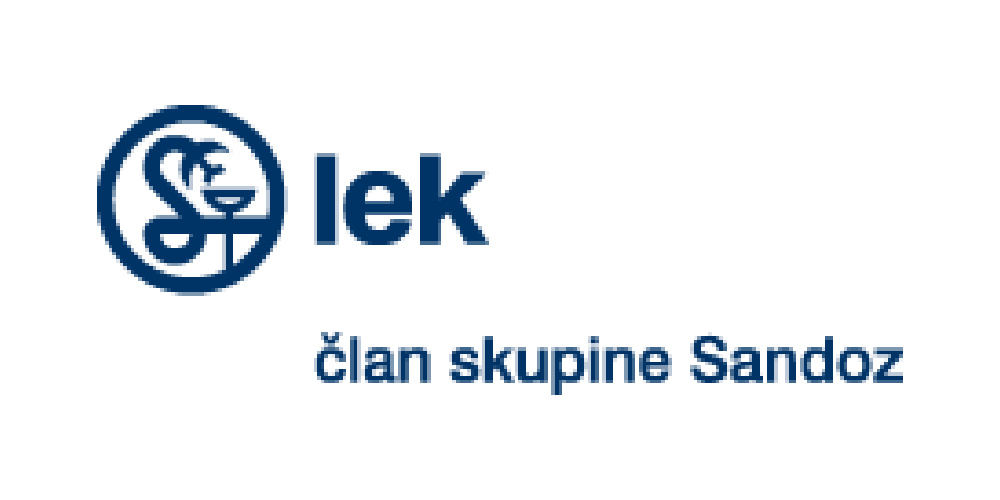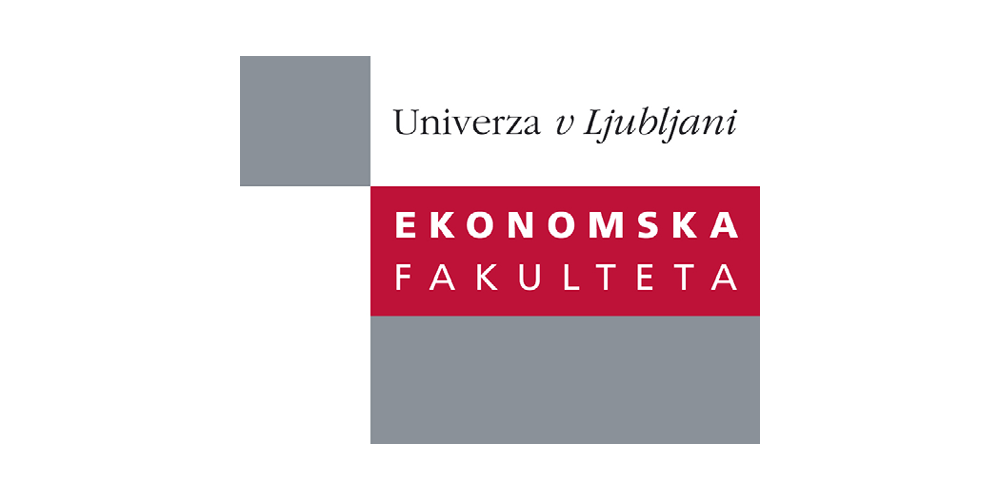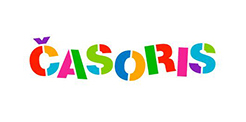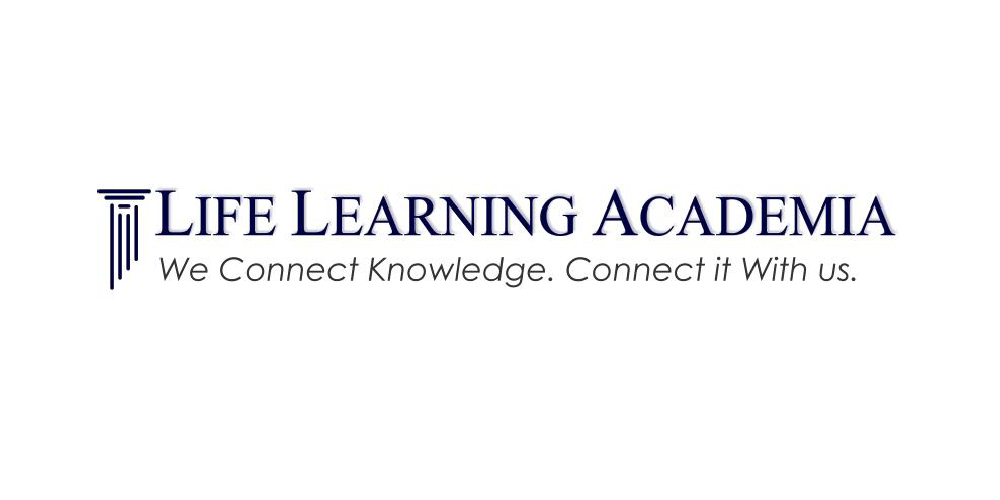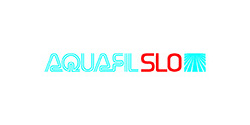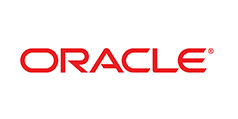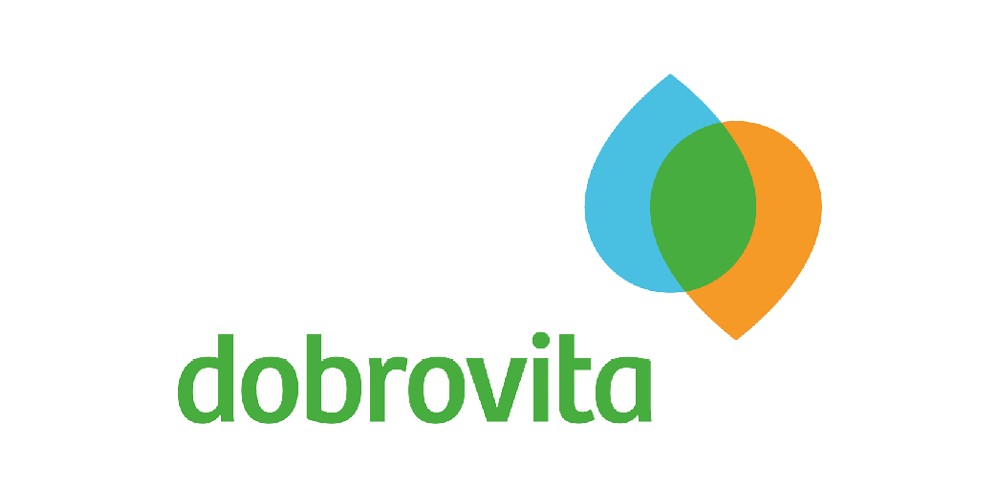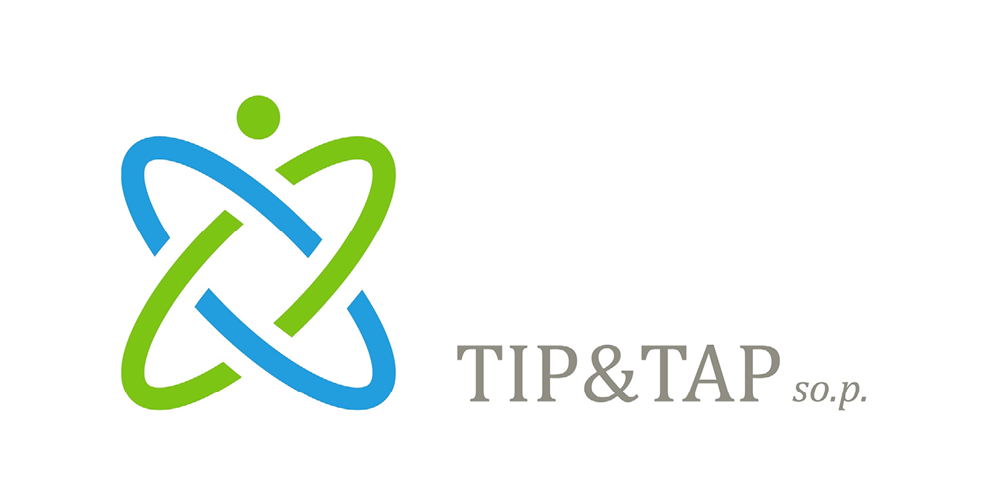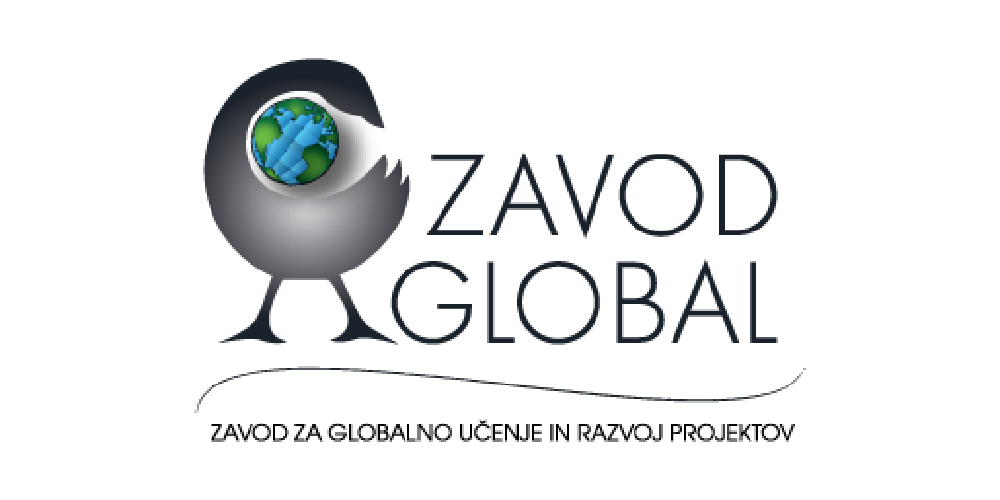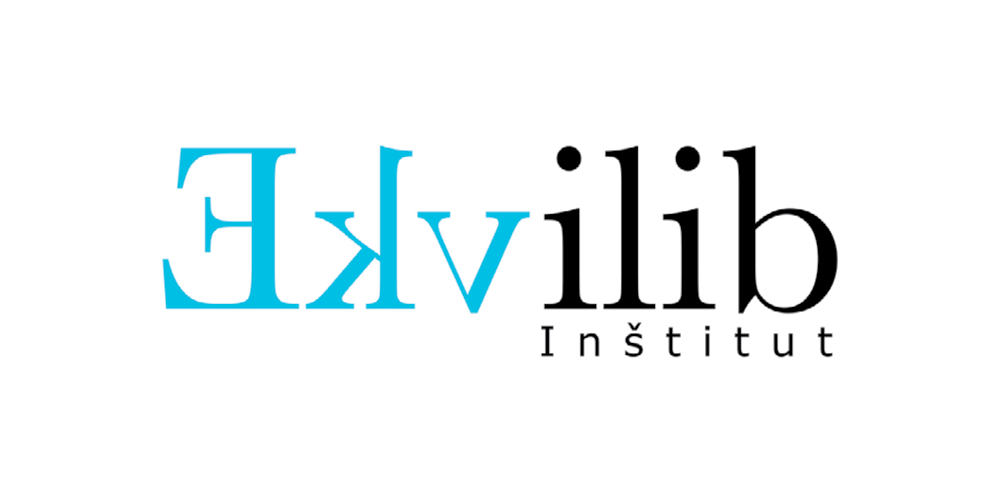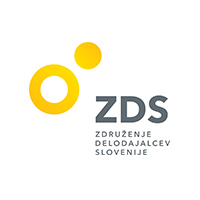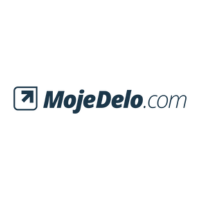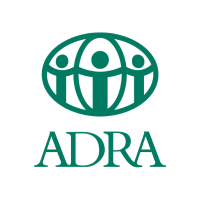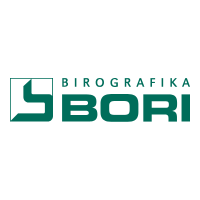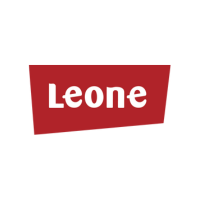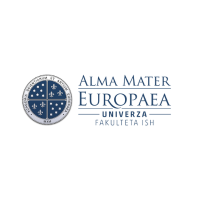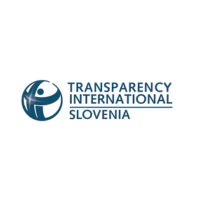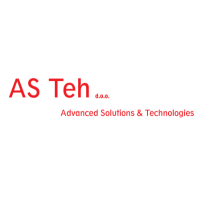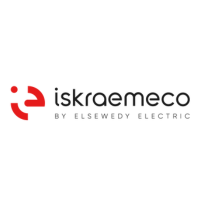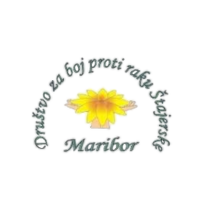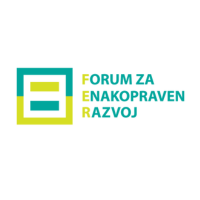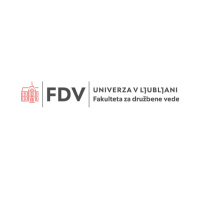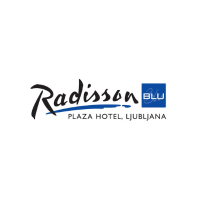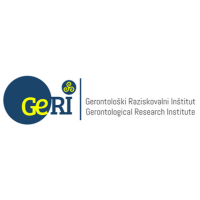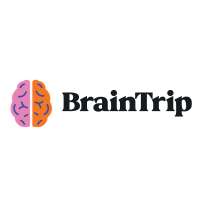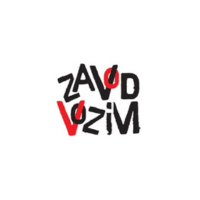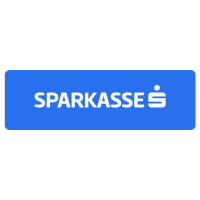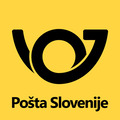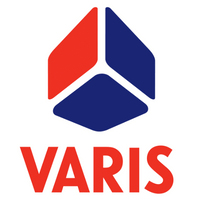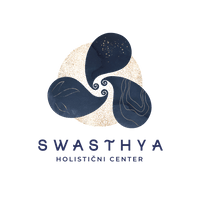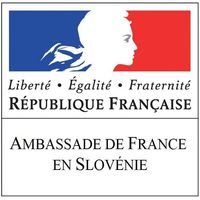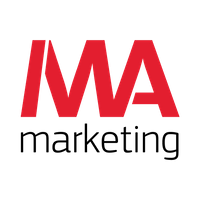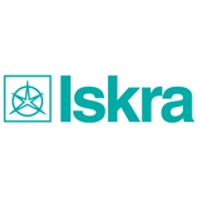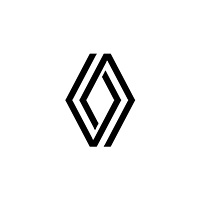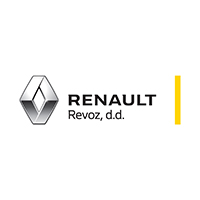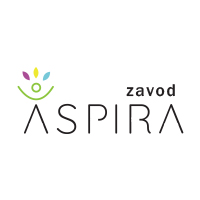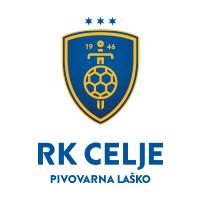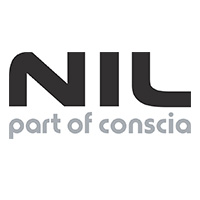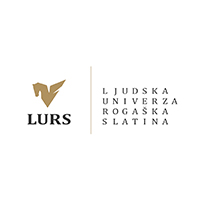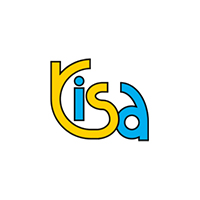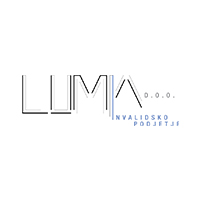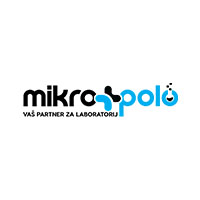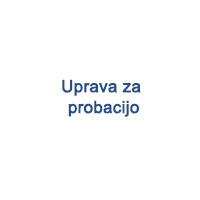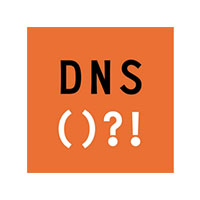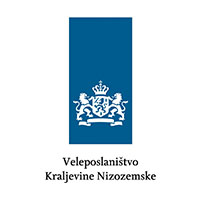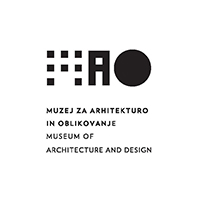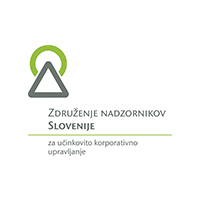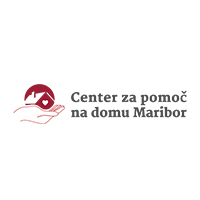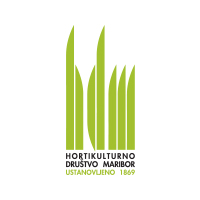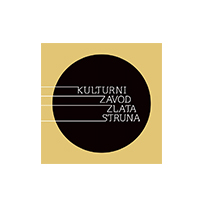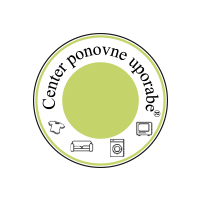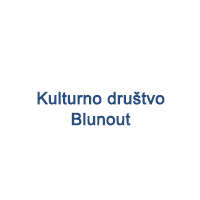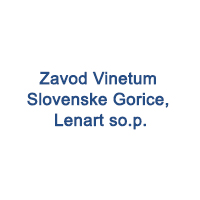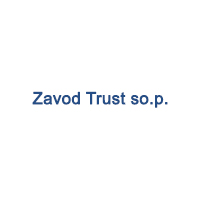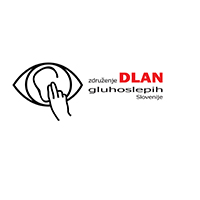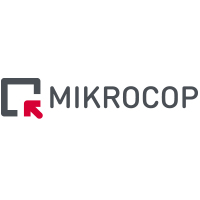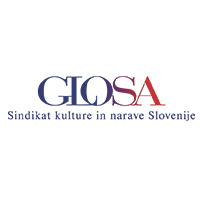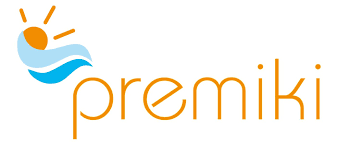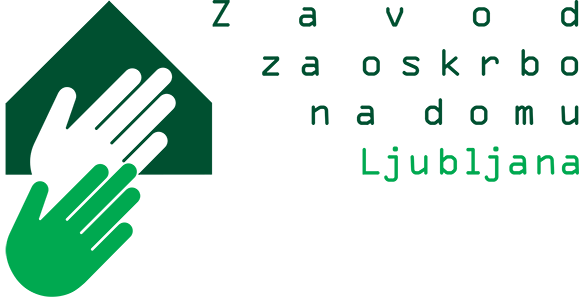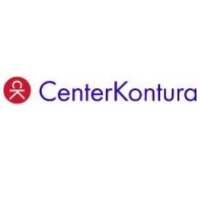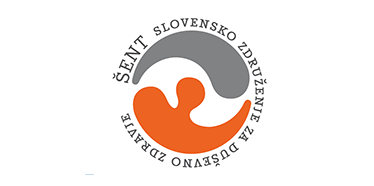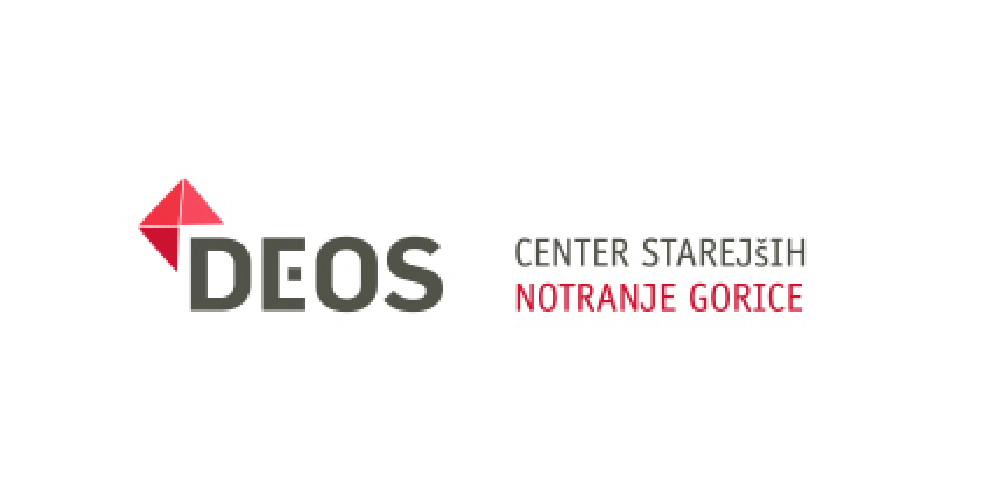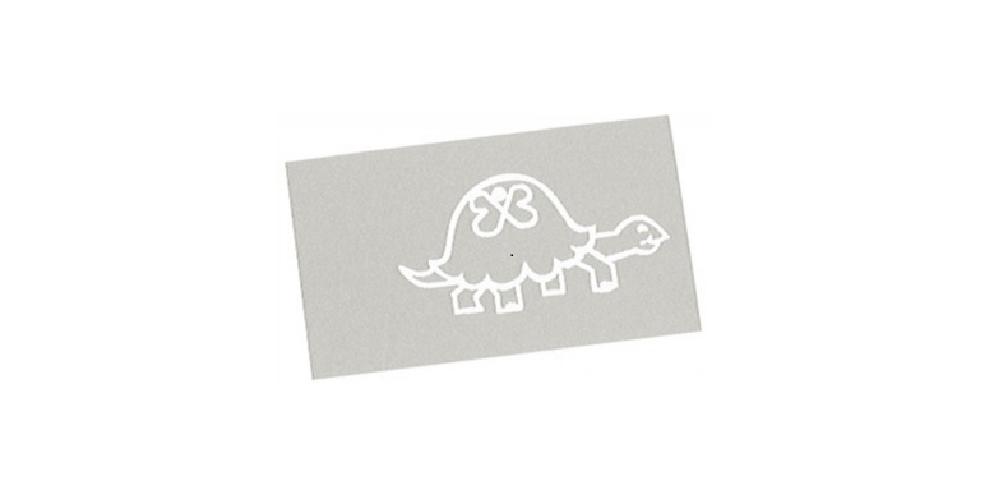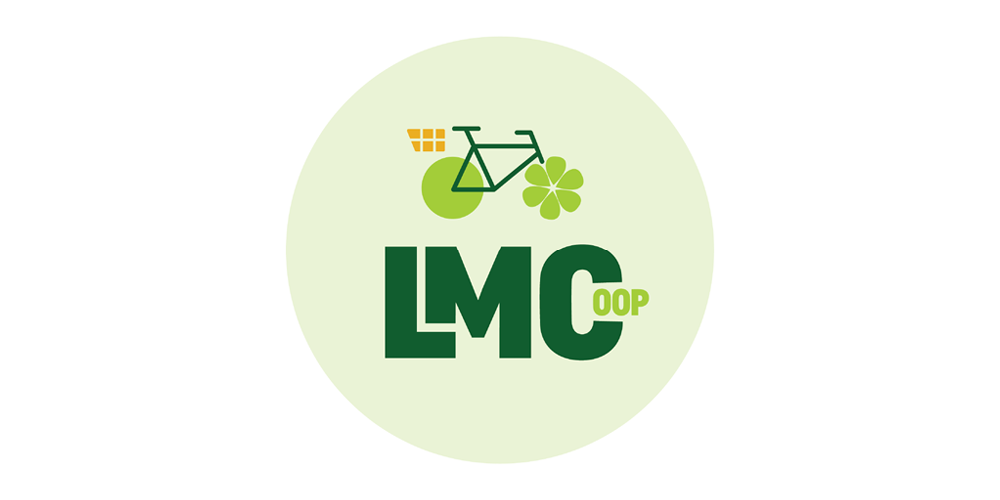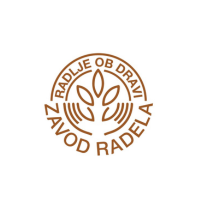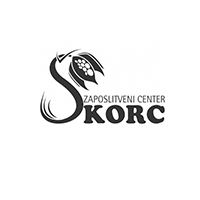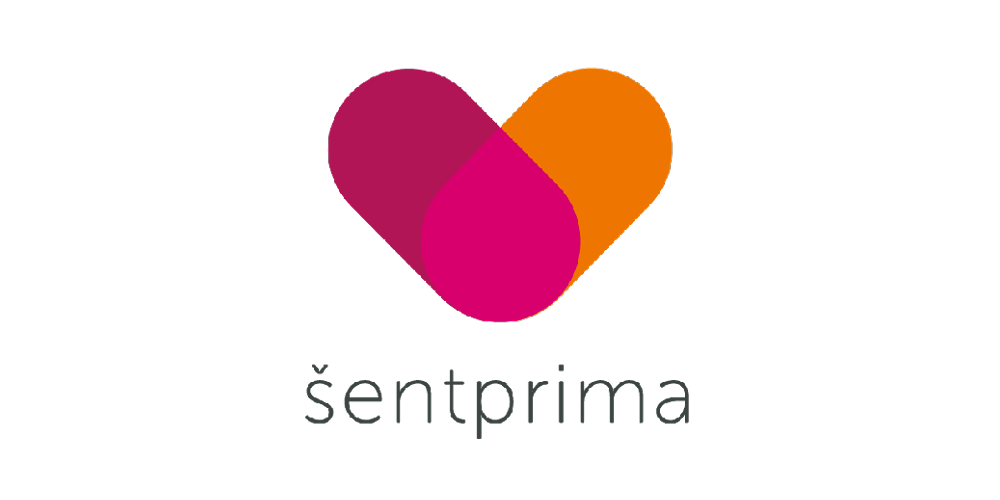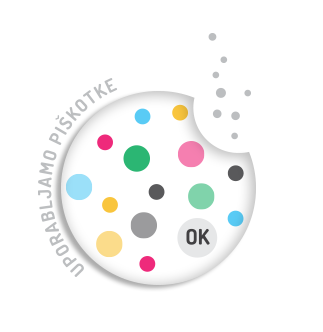“We want to foster an environment that enables diversity and allows all our employees to feel empowered, valued, respected and safe. Diversity and high-value of each person’s individuality was always a part of culture in an informal way and we consider that inclusiveness and equal opportunity are very important factor in creating positive work environment.”
mag. Sarah Jezernik, namestnica glavnega direktorja, PLINOVODI D.O.O.
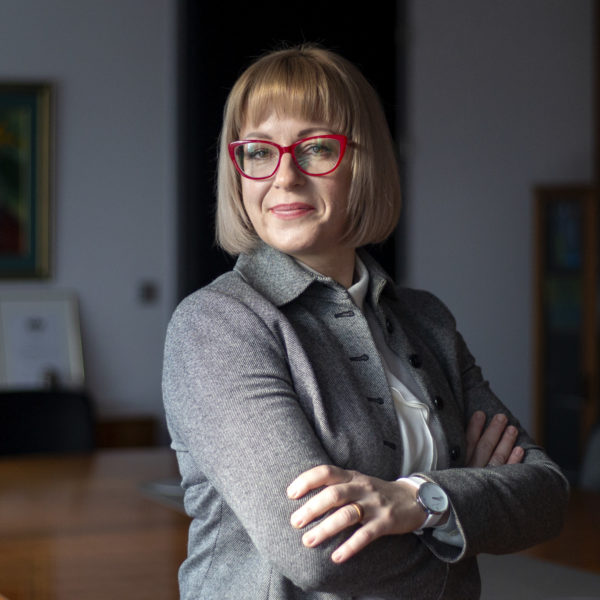
Could you share with us some key milestones in the D&I journey of your company?
In October 2018, our company signed the Slovenian Diversity Charter, confirming that values of inclusion and diversity are driving the growth of the company, but I consider that our D&I journey has started years before.
As a company and employees, we are also bound by good business practices, high ethical standards and principles, as follows from the Company’s Code of Conduct adopted in 2013.
In 2016, we have adopted and confirmed a special act to formulate Policy of diversity with Company Diversity Charter and in August 2020, we have also formulated Policy of diversity in relation to representation in management and supervisory bodies. The company operates in accordance with the direction and principle of diversity and recognizes the objectives of diversity as achievements in improving the effectiveness of management and supervisory bodies.
On 25 May 2019, the company signed the Commitment to Respect Human Rights in Business, making responsible decisions, placing values of inclusion and equality, and respect for human rights among the fundamental principles and values of the company.
We know that balancing work and family life is nowadays a growing challenge; therefore, we have acquired the basic certificate of the Family-Friendly Enterprise (FFE) in year 2014 and in June 2017, we got a full certificate of the FFE. FFE certificate is fully based on the Corporate Social Responsibility principle of employee – management cooperation with an emphasis on work-life balance. FFE certificate is a long-term consultation process, which provides positive effects that go beyond reconciling work and private life of employees and clearly reflect competitive advantages with positive economic effects for enterprises/companies and have long-term positive effects on wider society.
What aspects of diversity management have the highest priority in your company?
We have made responsible decisions and have placed the values of inclusion and diversity and respect for human rights among the fundamental principles and values of our company. We give priority to diversity management, which is aimed at our team members and workforce in general. We operate in accordance with the direction and principle of diversity and recognize the objectives of diversity as achievements in improving the effectiveness of management and supervisory bodies and all the employees. In the company, the employees are aware of our role and responsibility towards the owners, the state, local communities, business partners, and employees. This is why we are committed to clear principles expressed in our values, vision and mission. All this creates framework for the operation of the company as an important part for the development of the social environment in which we operate. The managers of our company play a key role in this. They are the ones who have the most knowledge of their employees, work procedures, and who are responsible for the coordination with wider interests of the company and the state. All the employees, and particularly the managers, strive towards achieving the vision, mission and objectives of the company; in this, we always act in accordance with its values. We want to foster an environment that enables diversity and allows all our employees to feel empowered, valued, respected and safe. Diversity and high-value of each person’s individuality was always a part of culture in an informal way and we consider that inclusiveness and equal opportunity are very important factor in creating positive work environment. Open, transparent communication and inclusive decision-making are key diversity principles that are implemented horizontally throughout our organization. We nurture open and direct horizontal and vertical communication.
Which D&I activities have been implemented in your organization so far?
The company has incorporated numerous activities in regular everyday business so far and is continuously working on identifying ways of improving them. In the Annual reports, the company describes the diversity policies in terms of aspects such as gender, age, education, disability, and states the objectives, methods of implementation and the results achieved by the diversity policy during the reporting period. Company does not tolerate discrimination at work for any reason and treats everyone with respect, in a non-discriminatory manner and respectfully regardless of any category of diversity.
An individual employee must not be placed in an unequal position or be deprived of equal opportunities due to their specific personal circumstances. This applies to all areas of life, which also includes the labour market or the employee-employer relationship.
We know that balancing work and family life is nowadays a growing challenge, therefore, we have acquired the basic certificate of the FFE in the year 2014.
The measures that were implemented in the first three-year (2014 – 2017) period:
- The children’s time bonus – entering school,
- Team for the coordination of professional and family life,
- Health protection measures,
- Communication with the employees,
- Communication with the external public,
- Research among the employees on the coordination of work and family,
- Education of managers in the field of the coordination of work and family,
- Incorporation of the theme of coordination of work and family life in the annual interviews,
- Presents for the newborns.
In June 2017, we have acquired a full certificate of the FFE as an upgrade to the basic certificate. In the framework of the new certificate, we implemented four new measures, in addition to the nine ones that were introduced in the period 2014 – 2017.
The measures that were implemented from 2017 to 2020 are:
- Four-hour absence of the employees due to taking the elderly relatives to the doctor,
- Mutual mentoring and intergenerational cooperation,
- The Ambassadorship project,
- Children in the company (on exceptional occasions).
Company offers full support to employees during some more challenging life periods (childcare, illness, family issues, and so on) and personal responsibilities are taken into account during the allocation of work assignments and workload. This way we cultivate work-life balance and flexibility, which is a key factor in respecting and ensuring diversity today. Additionally, the company practices flexible approach to working hours and employees use sliding hours.
In your opinion, what are the biggest challenges faced by your sector in creating a diverse and inclusive workforce?
Gas sector is by its nature a workplace with high share of male employees. The gender structure of the employees in our company shows that 81 percent of employees are men and 19 percent are women. This percentage stays almost the same for the last 15 years. The other aspect is age. The largest share of employees is in the age group from 51 to 55 years, namely 23 percent, which suggests that we value experience. We still face many unconscious biases. There is still space for improvement of advanced tools to promote equality, but this is a long-term process.
From my perspective, main challenge is a lack of working age population, due to factors such as increased life expectancy, early retirement age, low levels of education of older employees, low levels of participation of older employees in lifelong learning and a general decline in birth rates. To add to this, older employees in Slovenia are faced with negative attitudes of employers, an inflexible labour market and are reluctant to work at an older age.
What business benefits do you see as a result of increasing D&I?
All employees of the company are valued and respected. Diversity management creates organizational approaches that make this possible. It focuses on the organizational culture and infrastructure, which enable the employees to achieve the highest possible motivation and job satisfaction. It encourages the creation of an environment in which everyone feels useful and accepted. Diversity opens up alternative ways of understanding and acting this way helps to improve the climate and relationships in the work environment, the health and safety of workers, brings better business results and rises reputation of organization. It is an approach that sees positive opportunities in doing business with a diverse workforce and labour market, instead of understanding it as weakness.
Diversity policy is the active and conscious development of future-oriented strategic, communication and managerial processes of monitoring and using differences and similarities as potentials that bring benefit. It is a way of mobilizing differences to create business benefits and added value. With the help of diversity management, it is possible to fully realize the knowledge, abilities, experience and skills of employees, while achieving increased productivity and use of potential. It ensures that employment system does not privilege one group over another (they are not biased, lenient, unjust), but takes into account the central idea of justice, inclusion and human rights. It concerns behaviors in the workplace, understanding the differences in relation to organizational culture and work climate. It creates opportunities for disadvantaged groups and builds social cohesion.
Creativity and innovation, higher employee engagement, commitment, loyalty and retention, reduced absence rates, leading to higher productivity and profitability, the lower employee turnover rate, to name just some of them.
Can you name three diversity challenges that companies have to pay attention to?
Three challenges that arose from the fact that our team is multidisciplinary:
- Gender challenges: everyone has the same opportunities regardless of gender, which also applies to leadership roles. The company pays equal pay to workers of the same work and for work of equal value, regardless of gender. The company employs staff regardless of gender but according to the abilities and suitability of candidates for a certain position and taking into account legal and other conditions defined in the company’s internal acts. The company operates in the field of gas sector, where the share of women among all employees due to the nature of professional activity or context of its activities is lower than in other activities.
- Challenges in the field of education: education and training are important factors in achieving the company’s goals. The company employs in accordance with its needs various profiles and levels of education. In the company, we do not make any differences between employees in terms of education or profession profile and we appreciate every job. The company encourages and supports all forms of training, education of all employee profiles, as well as formal education to obtain a higher level of education. The company provides training for the acquisition of formal education to all already employed workers, despite the fact that at a given moment there is no need for a worker with a presumed formal education. The company takes care of raising the educational level of all employees.
- Challenges in the intergenerational field: Ability is not a matter of age. A combination of practical experience and innovation is important. Company creates work environment in which all generations can participate. We encourage the transfer of knowledge in company and we are open to the needs of different generations. The company emphasizes its commitment to lifelong learning and active health management. The company takes care of the balance between the generations and monitors its employees throughout their careers. It values experience, education, knowledge and skills of older employees and at the same time takes care of the education and professional integration of young people. We create conditions that give older people the opportunity to participate by systematically raising the employability of older people, their health, safety, productivity and motivation, to prevent the loss of knowledge and skills due to early retirement.
What do you do to convince your colleagues to see the value in diversity management, or even more to truly get them on board?
My experience is that these values, when incorporated in business practices have very good reception and are generally positively welcomed. Most important is that we truly live and authentically communicate them. Of course, to achieve success, values need to be implemented with consistency and integrity, throughout all parts and processes of our company, from declarative documents to real business everyday practices. This is a prerequisite that company values are truly lived and greeted by their employees.
How did you celebrate #EUDiversityMonth this May?
We promoted diversity through our social media and other digital channels and participated in the event „Diversity in times of COVID-19“ and Diversity And Inclusion in Education.
This interview was produced with the financial support of the European Union (project Workplace Inclusion Champion WIC). Its contents are the sole responsibility of the author and do not necessarily reflect the views of the European Union.
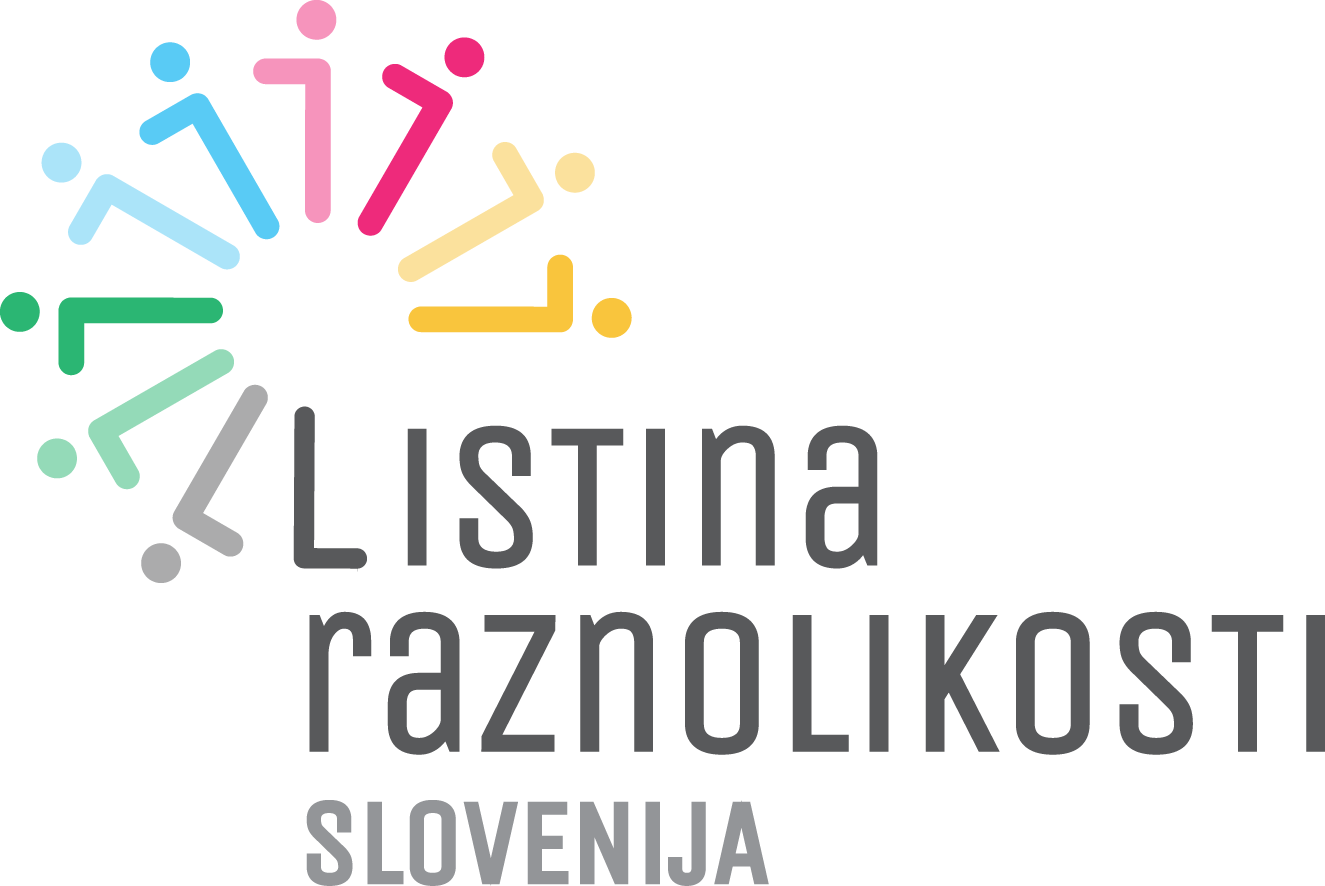

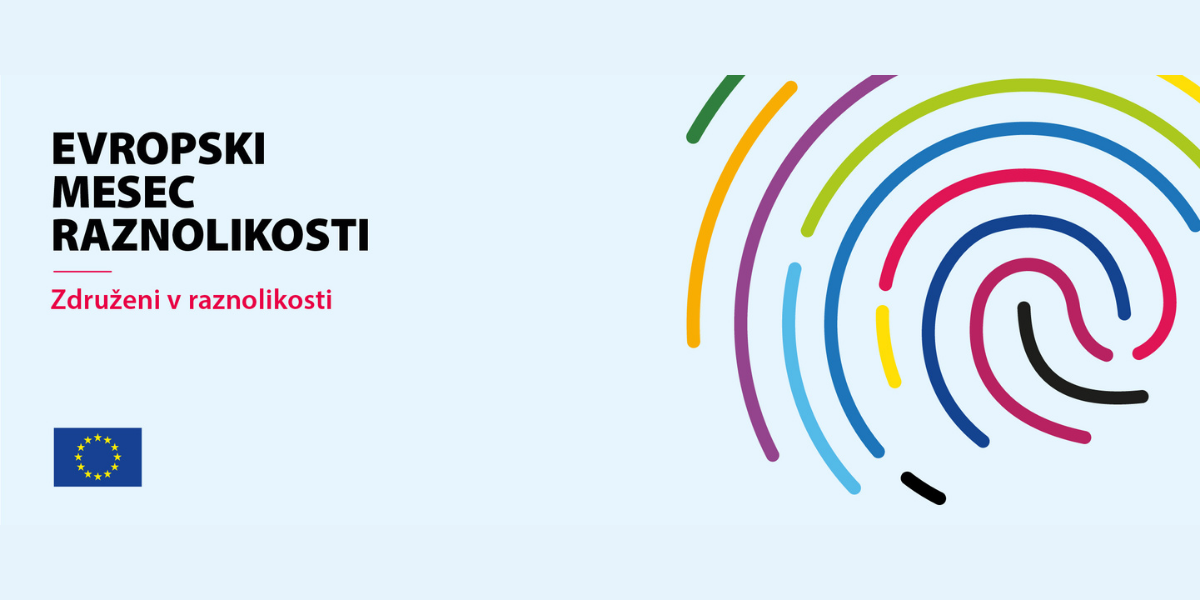


 WORKPLACE INCLUSION CHAMPION
WORKPLACE INCLUSION CHAMPION